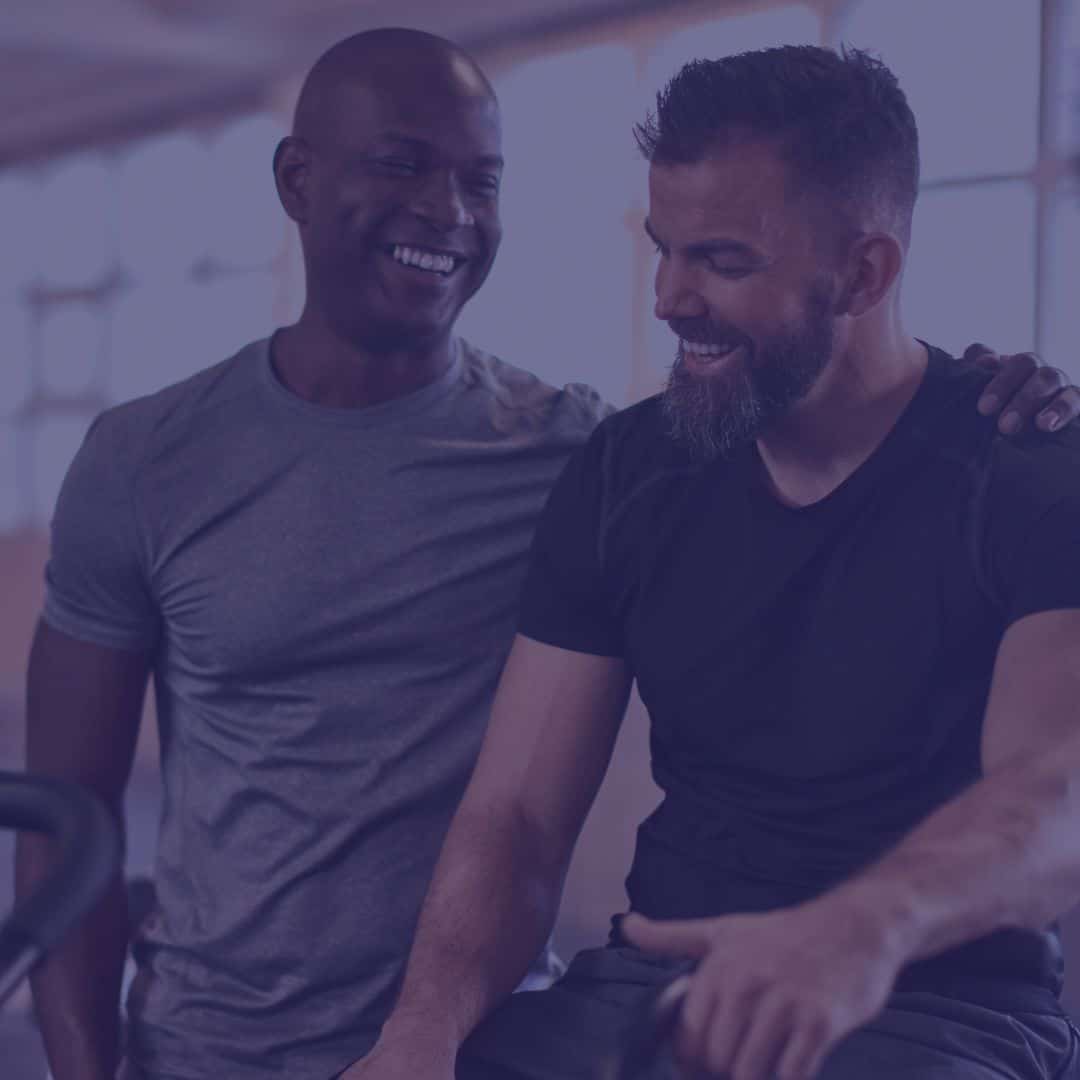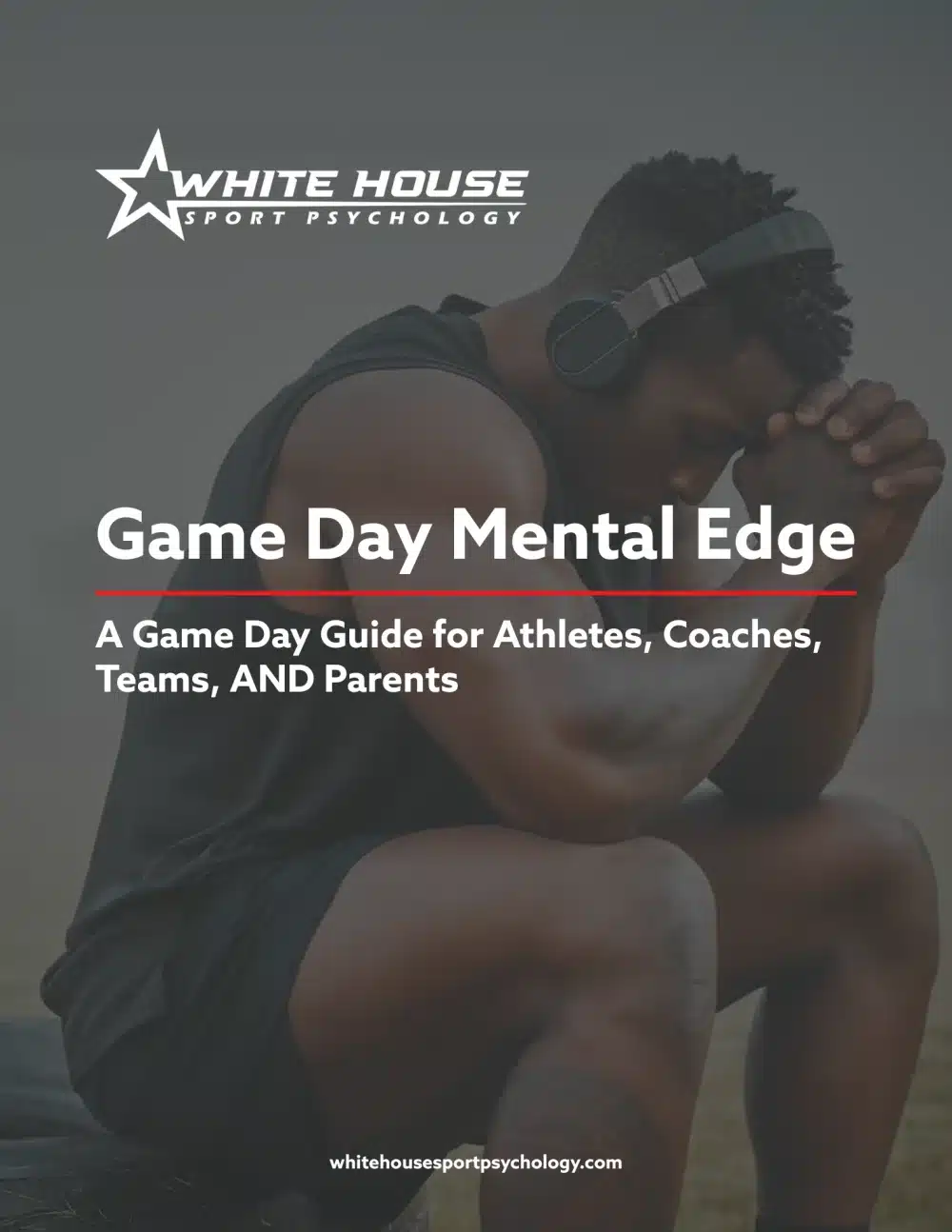Disclaimer: This blog discusses topics related to mental health, including references to suicide, which may be sensitive for some readers. Please read with care and prioritize your well-being.
In the world of sports, athletes are often seen as invincible—physically strong, mentally tough, and always ready to push through any challenge. But what happens when the battle is internal, when the pressure of performance, expectations, and personal struggles take a toll on their mental health?
For years, mental health issues in the sports world were often hidden or ignored. The culture of “toughness” left little room for vulnerability, and sharing struggles with anxiety, depression, or stress.
Fortunately, that narrative is beginning to change. More and more athletes—both collegiate and professional—are stepping forward to share their mental health journeys, showing the world that it’s not only okay to talk about mental health, but it’s essential. By speaking up, these athletes are helping break down the stigma and proving that prioritizing mental health is just as important as physical fitness.
Below, we dive into the stories of some high-profile athletes who have openly shared their struggles with mental health, as well as lesser-known athletes whose stories deserve to be heard. Let’s unpack these stories together and discover how talking with a sport psychologist can make all the difference.
Spotlight on Athletes Who Have Shared Their Mental Health Journeys
Over the years, more athletes have stepped forward to share their mental health struggles, helping reshape the conversation about well-being in the sports world. Some high-profile athletes have used their platforms to inspire others by openly discussing their challenges, while lesser-known athletes are also making a big impact.
High-Profile Examples
Michael Phelps
The most decorated Olympian of all time, Phelps has openly shared his struggles with depression. After his final Olympics, he faced personal demons and even contemplated suicide. He turned his pain into a powerful message, speaking about how athletes, despite their physical achievements, aren’t immune to mental health challenges.
Simone Biles
In 2021, Simone Biles shocked the world by withdrawing from several events at the Tokyo Olympics to focus on her mental health. Admitting to struggling with the “twisties,” a mental block that made her feel unsafe, she sparked global conversations about prioritizing mental well-being over competition, showing that even the greatest athletes need time to care for their minds.
Kevin Love
In 2018, NBA star Kevin Love shared his experience with panic attacks, something he had hidden for years. His vulnerability opened up much-needed conversations around anxiety and panic disorders, encouraging others to seek help. Since then, Love has become an advocate for mental health awareness, using his platform to reduce stigma and promote mental wellness.
Naomi Osaka
Tennis champion Naomi Osaka faced immense pressure during the 2021 French Open and revealed her battles with anxiety and depression. She chose to step back from the tournament to prioritize her well-being, sparking important discussions about mental health in sports and the need for more support.
DeMar DeRozan
NBA player DeMar DeRozan has been open about his battle with depression, sharing his journey on social media and in interviews. By normalizing the conversation around mental illness, DeRozan has encouraged others, particularly in sports, to embrace their vulnerability without shame.
Less Commonly Discussed Athletes
Drew Robinson
Drew Robinson’s story is remarkable. After surviving a suicide attempt, he became a strong advocate for mental health awareness. His journey from darkness to hope has inspired others struggling in silence and helped reduce the stigma surrounding mental health in professional sports.
Dak Prescott
The loss of Dak Prescott’s brother, Jace, to suicide in 2020 deeply affected the NFL star. Dak has been open about his grief and mental health struggles, encouraging others to seek support during difficult times.
Gracie Gold
Olympic figure skater Gracie Gold has faced years of anxiety and depression. By sharing her mental health challenges, she’s become a role model for other athletes and helped reduce stigma, particularly in figure skating, where athletes are often expected to be composed at all times.
Brandon Marshall
Former NFL receiver Brandon Marshall has been a vocal advocate for mental health, using his platform to raise awareness after being diagnosed with borderline personality disorder. Through his Brandon Marshall Foundation, he’s worked to reduce stigma and support mental wellness, shifting the narrative in the NFL and beyond.
JJ McCarthy
JJ McCarthy, now with the Minnesota Vikings, has shared the pressures of being a high-profile college athlete and the mental strain it causes. His story highlights the importance of supporting athletes’ mental health, especially in the early stages of their careers.
Gabby Sieler Kessler
Professional soccer player Gabby Sieler Kessler has been open about the pressures of elite athletics. Her honesty about mental health challenges inspires young athletes, particularly women, to prioritize mental wellness amidst the demands of competition.
Natasha Hastings
Olympic sprinter Natasha Hastings advocates for mental health in track and field. She’s spoken about the mental pressures athletes face and the need for proper support systems, reminding us that mental health struggles are universal, regardless of the sport.
The Strength in Vulnerability: Why Talking About Mental Health Is Not Weakness
There’s a common misconception that talking about mental health or seeking help from a therapist is a sign of weakness. In a world where strength is often defined by physical prowess or the ability to push through challenges, admitting to mental health struggles can feel like admitting defeat. But this couldn’t be further from the truth.
In reality, talking about mental health requires incredible vulnerability—the courage to let another person see parts of you that may be difficult to share. It takes bravery to open up about your struggles, especially when society often pressures us to appear invincible.
One recent example of this is Mikaela Shiffrin, the legendary Olympic skier, who has spoken openly about her struggle with PTSD following the sudden passing of her father. As she prepares to defend her title at the skiing world championships, she acknowledges that her mental health journey is ongoing. Shiffrin’s honesty about her struggles reminds us that even the most accomplished athletes are not immune to emotional hardships.
It’s much easier to hide a mental health concern, to put on a mask and carry on like everything is fine, than it is to acknowledge that something isn’t right. However, doing so only prolongs the internal struggle and prevents growth.
When we choose to speak openly about our mental health, whether with a sport psychologist, a coach, or a friend, we’re not showing weakness; we’re demonstrating strength. Strength is the ability to face our challenges head-on and embrace our emotions rather than suppress them. It’s a willingness to face the discomfort of vulnerability, knowing that in doing so, we’re taking the first step toward healing.
True strength comes from acknowledging that we don’t have to go through life’s difficulties alone. It’s about recognizing that seeking help and sharing our struggles doesn’t make us weak—it makes us resilient. When we open up about mental health, we break down the walls of isolation and show others that it’s okay to not be okay. And that, in itself, is a powerful act of strength.
Embracing Your Mental Health Journey
At White House Sport Psychology, we understand the powerful connection between mental health and athletic performance. Just like the athletes we’ve highlighted in this blog, we believe that prioritizing your mental well-being is key to achieving your full potential, both on and off the field.
We know that every athlete’s journey is unique, which is why we offer personalized support. Whether you’re facing stress, anxiety, or need help building mental resilience, we take the time to understand your specific challenges and goals, crafting a plan that works for you.
If you’re a coach or athletic director, we offer flexible options to bring our services to your team—either in-person or virtually—making it easy for everyone to get the support they need.
Ready to start prioritizing your mental health? Reach out for a consultation, and let’s explore how we can work together to strengthen your mindset and help you unlock your true potential. Your mental health is your strength, and we’re here to help you embrace it!

